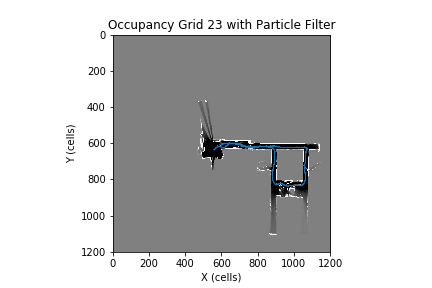Who hasn’t heard the phrase “fail fast” in the start-up environment? I know I have. I must say, however, that today is the day I finally understood its meaning.
At wēbē, we are working on creating a product to help parents better understand their children’s emotional and mental health. Our initial idea was to create a toy that interacts with children aged 3–8 and collects data on their emotional state, which the parents can then visualize on their phone to identify concerning trends. With this idea in mind, we set out to interview children therapists, mental health experts, and parents.
Continue reading this article on here!










